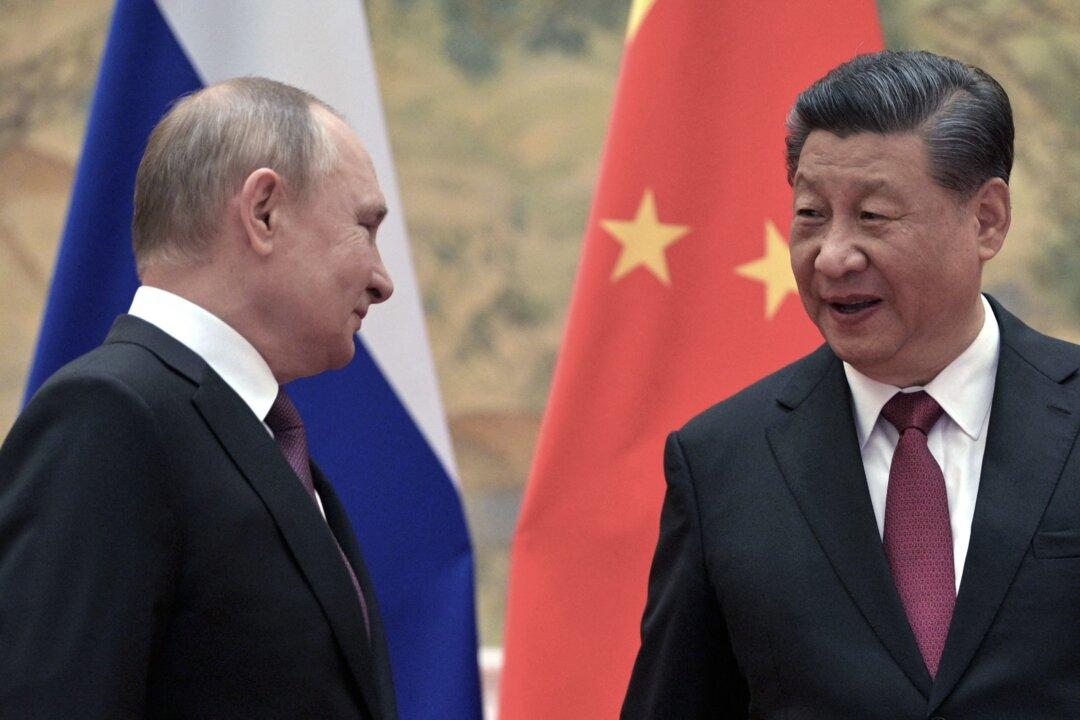Chinese leader Xi Jinping urged Russian President Vladimir Putin in a Feb. 25 phone call to resolve their differences with Ukraine through high-level talks.
The call took place on Feb. 25 as Russian helicopters and landing forces continued to attack Kyiv, Ukraine’s capital. It was also three weeks after the two leaders met on the opening day of the Beijing Winter Olympics that saw Putin as the highest-profile guest attending the ceremony.





